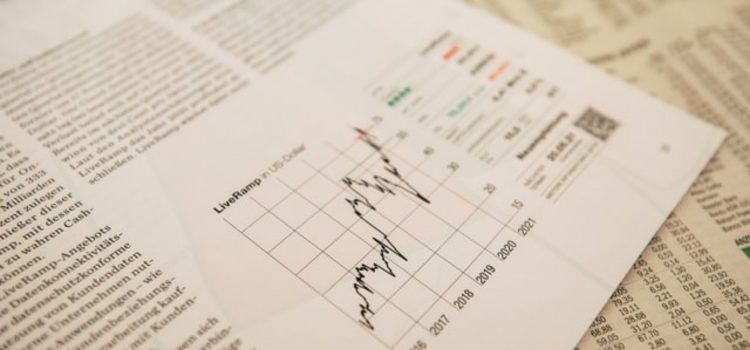How does having no hope for the future cause depression? Why is it so important for you to feel in control of your life? Having no hope for the future makes it impossible to plan ahead since you can’t picture a better and secure life for yourself. This can cause depression to set in. Being able to envision an attainable, happy life is very important because, without it, you lose control over your life. Loss of control naturally triggers depression. Read more about how having no hope for the future leads to depression.
Why Having No Hope for the Future Causes Depression










